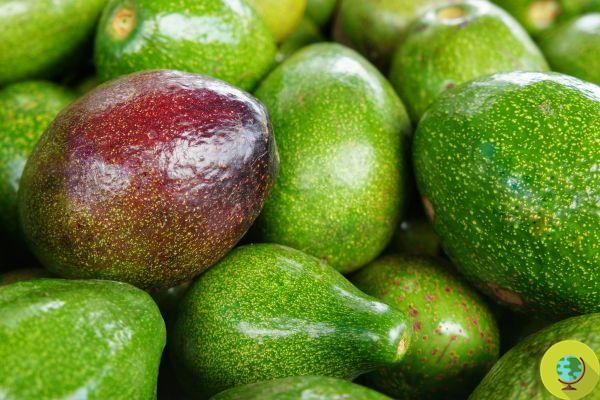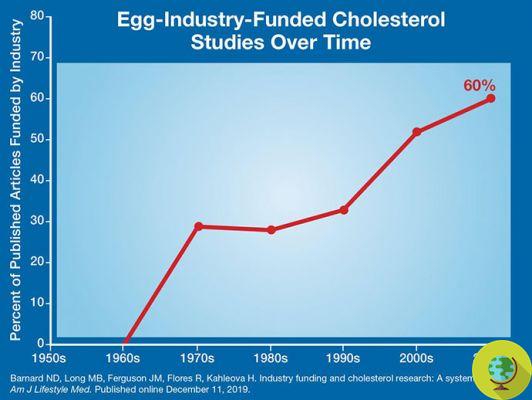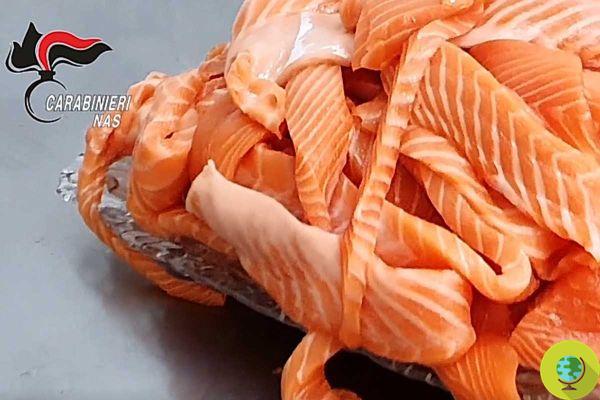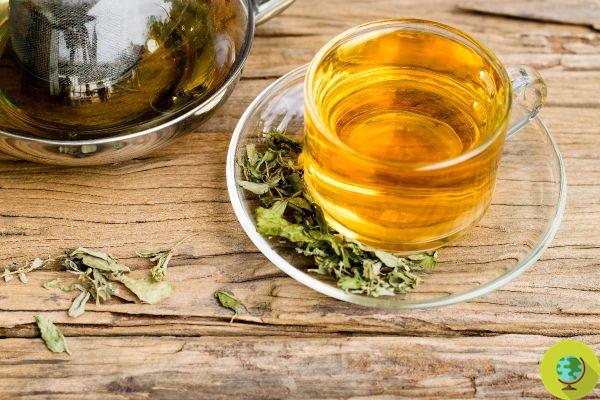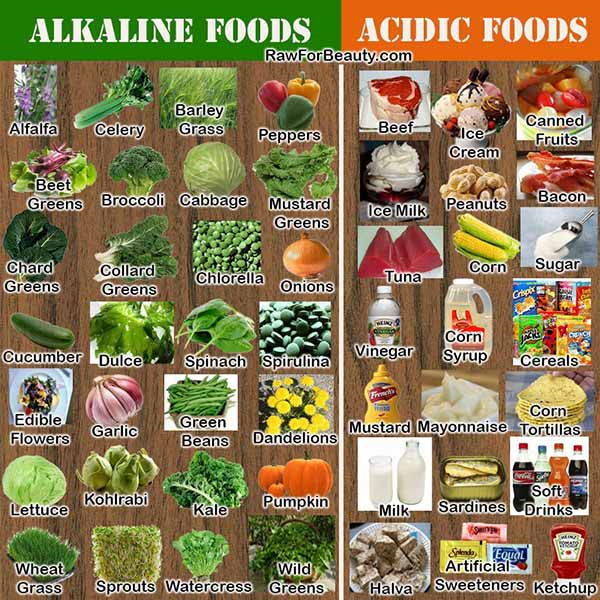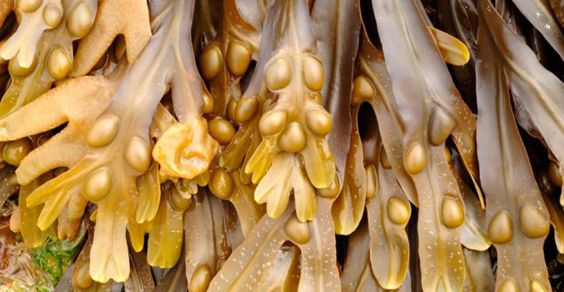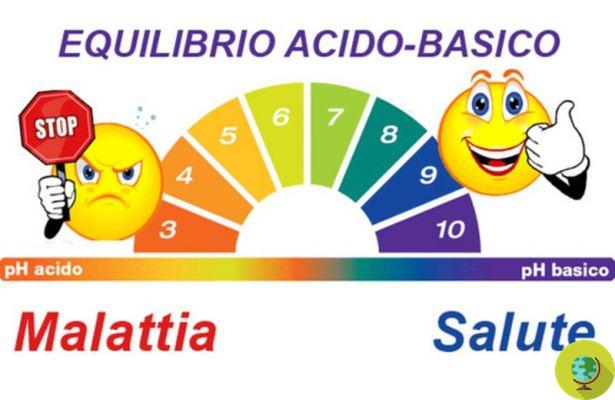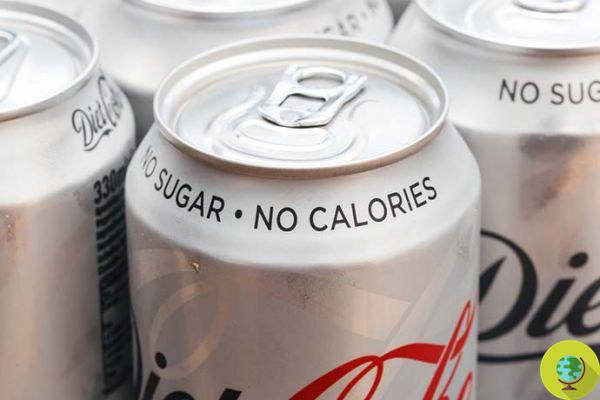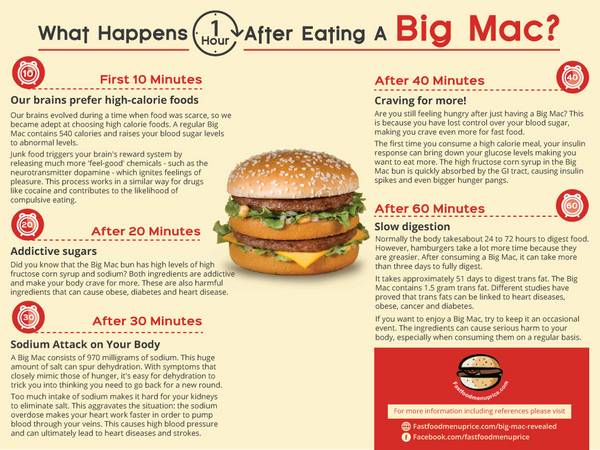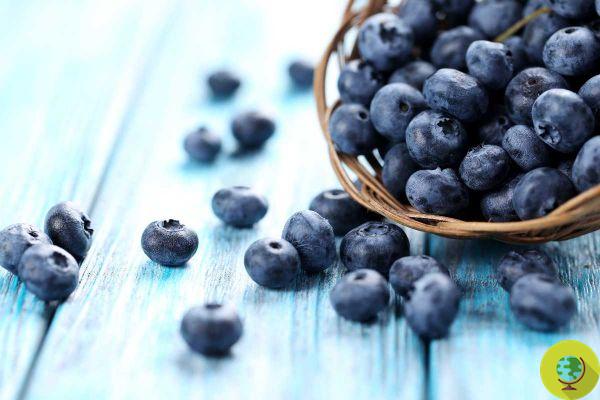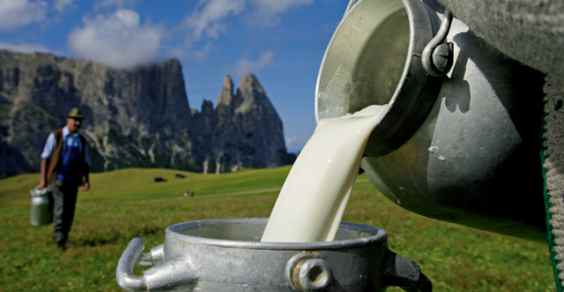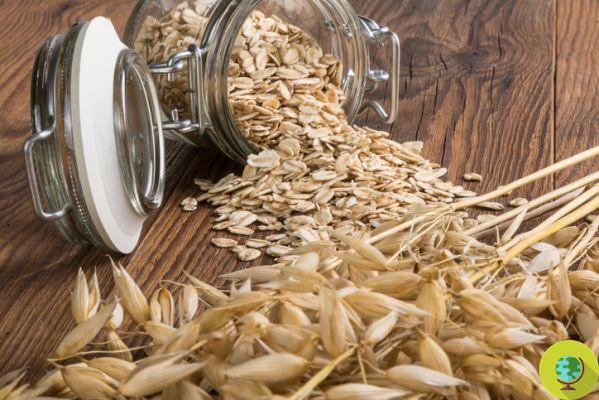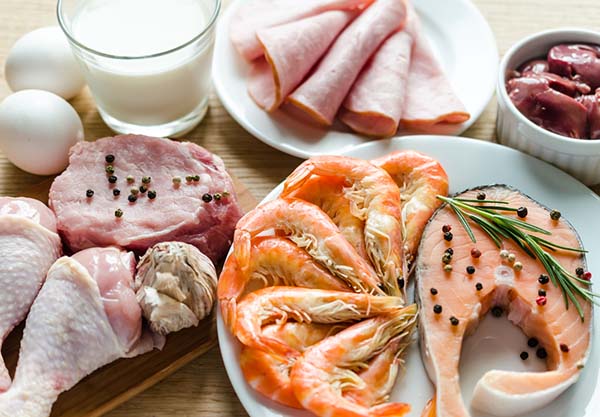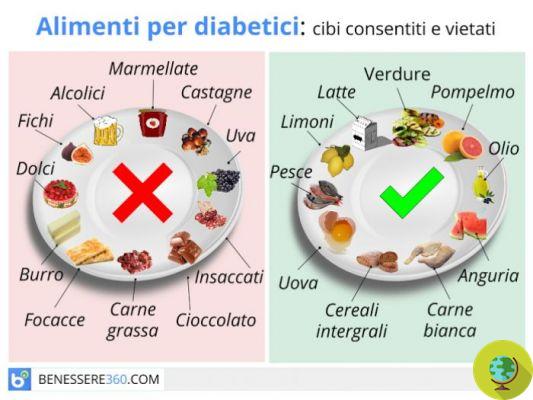
There are some bad eating habits that can burden our immune system such as excessive sugar and salt consumption
Don't store avocado like this: it's dangerousBy now it should be clear to everyone: what we eat daily can have positive or negative effects on our health. We often underestimate that the immune system can also be affected by the excessive consumption of certain foods or ingredients, which consequently it would be good to eliminate or limit as much as possible. Let's see what they are.
The immune system can be influenced by different aspects of our daily life, think for example of stress, poor sleep and more generally an unregulated lifestyle that also includes eating unhealthy foods.
But what are the worst eating habits that can weaken the natural defenses of our body according to science?
Index
Consuming too much alcohol
Alcohol acts negatively on several fronts: on the one hand it can suppress the body's immune response to infections, on the other hand it can alter the correct absorption of some nutrients, including vitamin C and zinc, which are essential for the body's defenses.
A study a few years ago had highlighted just how overdoing alcohol can affect the body's defenses. As Elizabeth Kovacs, co-author of the study and a researcher at Loyola University explained:
There is less awareness of the dangers of alcohol's effects in different areas, such as the immune system. This would result not only in damage to the immune system, but also in a reduced ability of the body to heal, in increased blood loss and in an increased risk of pneumonia and other infections.
Read also: Binge drinking: getting drunk at all costs harms the immune system
Consuming too much sugar
It is now known, and has been proven by several researches, that too much sugar in our diet can weaken the immune system.
A study, conducted by Loma Linda University, linked the regular intake of foods high in added sugar to impaired immune function, particularly because white blood cells, which are the cells involved in fighting infections, are negatively affected by this substance. . Specifically, the effectiveness of the immune cells decreased by up to 50% after 1 or 2 hours of sugar consumption and the effect lasted for up to 5 hours. Read also: Refined sugar: 10 scientifically proven reasons to limit its consumption
Consuming too much salt
Excessive salt consumption can have a detrimental effect on health, triggering inflammation in the body and increasing the risk of chronic disease.
When consumed in excess, salt is also believed to inhibit some of our body's natural responses, as a recent study found that also investigated the mechanism by which this occurs. (Also read: The amount of salt you eat could hurt you a lot more than you think, according to a new study.)
Too much salt can even alter our gut microbiota, which plays an important role in the body's immune function.
High sodium consumption has also been linked to the worsening of autoimmune diseases such as Crohn's disease, ulcerative colitis and lupus.
Consuming too many processed foods and junk foods
Processed foods also significantly lower the immune system. There are several studies that have supported the thesis, some of which have highlighted how junk food is treated by the body as an infection (Junk food: the side effects on the immune system are worse than you can imagine, the studies)
Not getting enough fruits and vegetables
Eating at least 5 daily servings of fruit and vegetables is important for supporting our immune system. Inside, in fact, there are high quantities of vitamins, minerals and antioxidants, essential substances for the good health of the body and to fight infections.
Fruits and vegetables also have a lot of soluble fiber, which is useful for our immunity since it is the food necessary for the good bacteria that live in our intestines and it is now known that a healthy microbiome also promotes an efficient immune system.
Read also: 10 foods and tips to strengthen the immune system
Vitamin D deficiency
Vitamin D deficiency, which is not rare at all, exposes us to some risks including that of having a weaker immune system. Anyone who is locked in an office all day or, for other reasons, cannot expose themselves properly and daily to sunlight should consider taking a supplement (after evaluating with the help of a doctor if there is is actually deficient in this vitamin).
Read also: Vitamin D: all the consequences of a deficiency
Follow us on Telegram | Instagram | Facebook | TikTok | Youtube
Read also:
- Immune system: how to strengthen the immune system
- Probiotics: 10 fermented foods that help the gut, metabolism and immune system
- How to strengthen the immune system before winter
- Fast Food: For our immune system, it's like an infection




